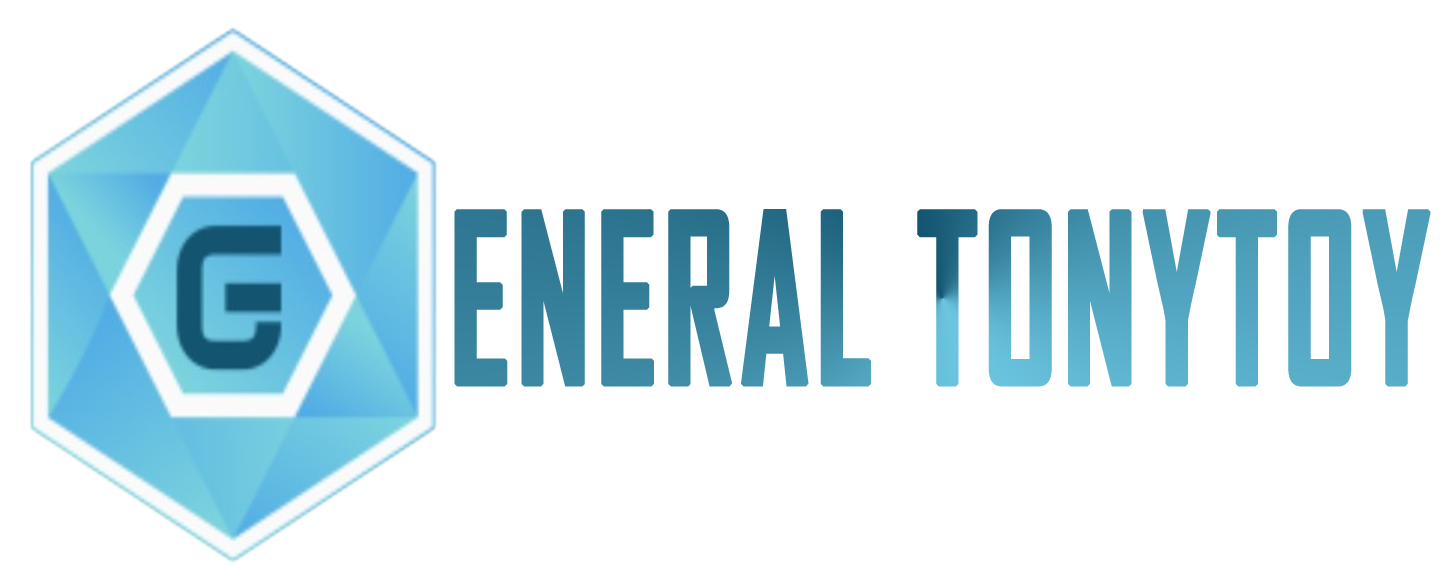In today’s digital age, the healthcare industry has experienced a significant shift towards remote work opportunities. With the rise of telemedicine and advancements in technology, remote clinical data management jobs can now be done from anywhere in the world. This has opened up a world of possibilities for professionals looking to make a meaningful impact in the healthcare field.
Contents
- 1 Why Remote Work is on the Rise in the Clinical Data Management Field
- 2 Benefits of Remote Clinical Data Management Jobs
- 3 Skills and Qualifications Needed for Remote Clinical Data Management Jobs
- 4 Finding Remote Clinical Data Management Job Opportunities
- 5 Tips for Successfully Working Remotely in Clinical Data Management
- 6 Tools and Technologies for Remote Clinical Data Management
Why Remote Work is on the Rise in the Clinical Data Management Field
Remote work has become increasingly popular in various industries, including clinical data management. There are several reasons why remote work is on the rise in this field. Firstly, the advancements in technology have made it easier than ever to access and manage clinical data remotely. With secure cloud-based systems and robust data protection measures in place, professionals can handle sensitive patient information from the comfort of their own homes.
Additionally, remote work offers a range of benefits for both employers and employees. Employers can tap into a global talent pool, allowing them to find the best candidates for their clinical data management positions. This leads to a more diverse and inclusive workforce, bringing in different perspectives and ideas. For employees, remote work provides flexibility and freedom. They no longer have to commute to an office and can work from anywhere in the world, as long as they have a stable internet connection.
Benefits of Remote Clinical Data Management Jobs
Remote clinical data management jobs offer numerous benefits for professionals in the field. Firstly, the flexibility of remote work allows for a better work-life balance. Professionals can set their own schedules and work at times that suit them best, leading to reduced stress and increased job satisfaction. Remote work also eliminates the need for a lengthy commute, saving time and money.
Furthermore, remote work promotes a more inclusive work environment. It allows individuals with disabilities or mobility restrictions to participate in the workforce without facing the barriers of a traditional office setting. This leads to a more diverse workforce and fosters a sense of belonging and equality.
Additionally, remote clinical data management jobs often offer cost savings. Professionals can save money on commuting expenses, meals, and office attire. This can have a significant impact on their overall financial well-being. Moreover, remote work eliminates geographical limitations, allowing professionals to work for organizations located in different cities or even countries, expanding their career opportunities.
Skills and Qualifications Needed for Remote Clinical Data Management Jobs
While remote clinical data management jobs provide a unique opportunity for professionals, they also require specific skills and qualifications. Firstly, a strong understanding of clinical data management principles and processes is essential. Professionals should be familiar with data collection, data entry, data validation, and data analysis techniques.
Proficiency in data management software and tools is also crucial. Remote clinical data management professionals should be comfortable working with electronic data capture systems, data visualization tools, and database management software. They should have a good understanding of data security and privacy regulations to ensure the protection of sensitive patient information.
Communication skills are equally important in remote clinical data management jobs. Professionals need to effectively communicate with team members, clients, and other stakeholders. This includes written and verbal communication, as well as active listening skills. Being able to collaborate and work well in a remote team setting is essential for success in this field.
Finding Remote Clinical Data Management Job Opportunities
With the increasing demand for skilled clinical data management professionals, there are numerous remote job opportunities available. One of the best ways to find these opportunities is through online job platforms and professional networking sites. Websites like LinkedIn and Indeed often have remote job listings specifically tailored to the healthcare industry.
It is also beneficial to connect with industry professionals and join relevant online communities. Participating in forums and discussions related to remote clinical data management can provide valuable insights and networking opportunities. Additionally, attending virtual conferences and webinars can help professionals stay updated on the latest trends and job openings in the field.
Tips for Successfully Working Remotely in Clinical Data Management
While remote work offers flexibility and freedom, it also comes with its own set of challenges. Here are some tips to successfully work remotely in clinical data management:
- Set up a dedicated workspace: Creating a designated area for work can help maintain focus and productivity. Ideally, this space should be quiet, well-lit, and free from distractions.
- Establish a routine: Having a routine can help create structure and ensure that tasks are completed on time. Set clear work hours and take regular breaks to avoid burnout.
- Communicate effectively: Remote work relies heavily on effective communication. Utilize tools like video conferencing, instant messaging, and project management software to stay connected with team members and clients.
- Stay organized: Remote work requires excellent organizational skills. Use digital tools, such as project management software and calendar apps, to keep track of tasks, deadlines, and priorities.
- Take care of your well-being: Remote work can blur the line between work and personal life. Take breaks, exercise regularly, and prioritize self-care to maintain a healthy work-life balance.
Tools and Technologies for Remote Clinical Data Management
Remote clinical data management professionals rely on various tools and technologies to perform their tasks efficiently. Here are some essential tools for remote clinical data management:
- Electronic Data Capture (EDC) systems: EDC systems allow for the collection, management, and storage of clinical trial data electronically. These systems streamline data entry, validation, and analysis processes.
- Data visualization tools: Data visualization tools like Tableau and Power BI help transform complex clinical data into visually appealing and easy-to-understand charts, graphs, and dashboards. These tools enable professionals to analyze data trends and patterns effectively.
- Project management software: Remote clinical data management projects often involve multiple stakeholders and tasks. Project management software like Trello and Asana help professionals track project progress, assign tasks, and collaborate with team members.
- Virtual private networks (VPNs): VPNs ensure a secure connection when accessing sensitive clinical data remotely. They encrypt data transmissions and protect against unauthorized access, enhancing data security.
- Video conferencing tools: Video conferencing tools like Zoom and Microsoft Teams facilitate virtual meetings, allowing remote clinical data management professionals to communicate effectively with colleagues, clients, and stakeholders.
Remote clinical data management jobs offer a world of opportunities for professionals seeking a fulfilling career in the healthcare industry. With the flexibility and freedom of remote work, individuals can make a meaningful impact in the field while enjoying a better work-life balance. By acquiring the necessary skills and qualifications, leveraging the right tools and technologies, and staying connected through effective communication, professionals can unlock the potential of remote clinical data management and contribute to the advancement of healthcare. So, embrace the rise of remote work and embark on an exciting journey in the world of clinical data management today.

